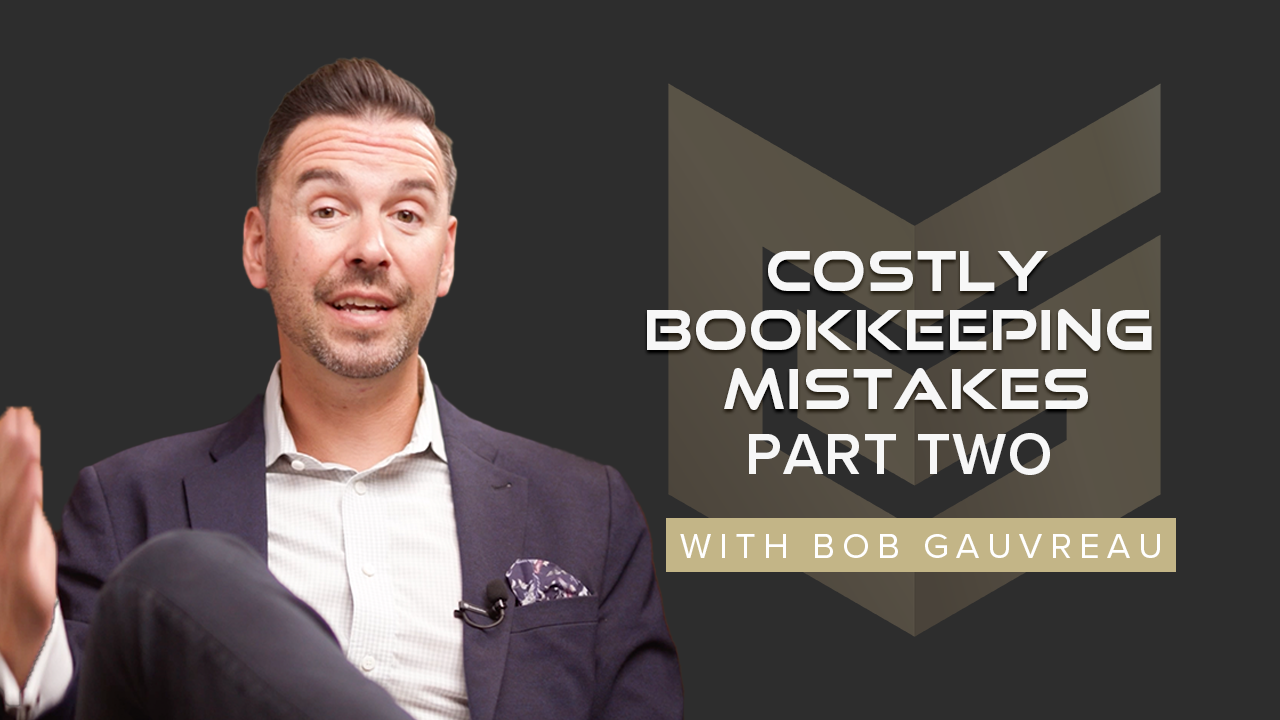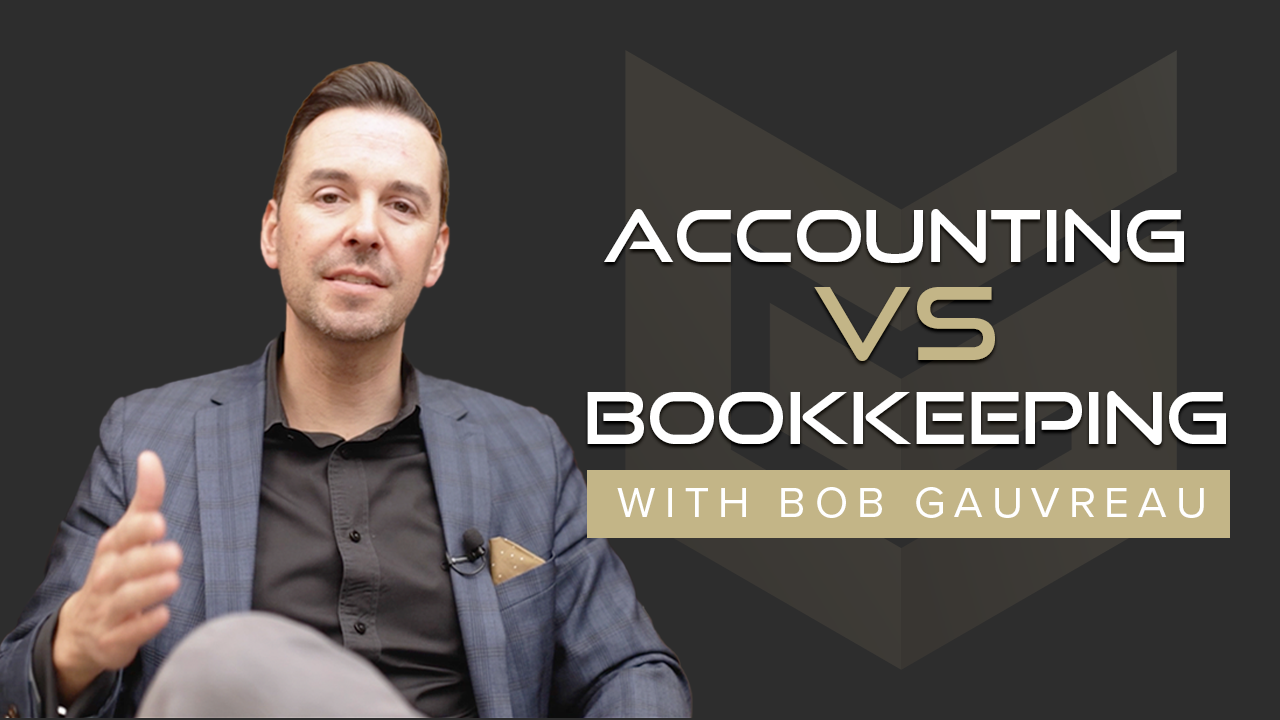Costly Bookkeeping Mistakes Small Business Owners Make and How to Avoid Them: Part Two
Managing finances effectively is crucial for the success of any small business. Unfortunately, many entrepreneurs make common bookkeeping...
2 min read
 Gauvreau Accounting Tax Law Advisory
Jun 26, 2024
Gauvreau Accounting Tax Law Advisory
Jun 26, 2024
Proper bookkeeping is essential for the success of any small business, yet many entrepreneurs make costly mistakes that can negatively impact their financial health. From failing to separate personal and business finances to misclassifying expenses, these errors can lead to inaccurate financial records and poor decision-making. Here are some common bookkeeping mistakes and tips on how to avoid them.
1. Failing to Separate Personal and Business Finances
One of the most common mistakes small business owners make is not separating their personal and business finances. When business and personal funds are mixed, it becomes challenging to track business expenses accurately. This can lead to confusion and mismanagement of finances. To avoid this, open separate bank accounts for your business and personal finances. This separation helps you clearly understand your business’s financial performance and ensures that your records are accurate.
2. Failing to Keep Accurate Records
Accurate bookkeeping is the foundation of good financial management. With our Profit Simple Bookkeeping, we emphasize the importance of maintaining up-to-date and accurate financial records. Inaccurate records can lead to misleading insights and poor business decisions. Whether you handle bookkeeping yourself or outsource it, ensure that all entries are precise and reflect the true financial state of your business. Accurate financial information empowers you to make informed decisions with confidence.
3. Failing to Reconcile Accounts
Reconciling your accounts is crucial for verifying the accuracy of your bookkeeping entries. The reconciliation process involves comparing your financial records with bank and credit card statements to ensure that all transactions are recorded correctly. This helps identify duplicate entries, missed transactions, and any discrepancies. Regular reconciliation ensures that your financial data is reliable and accurate, providing a solid foundation for decision-making.
4. Misclassifying Expenses
Properly classifying expenses is vital for understanding your business’s profitability. Expenses fall into two main categories: cost of goods sold (variable costs) and fixed expenses (overhead). Misclassifying expenses can distort your profit margins and lead to incorrect tax deductions. For instance, misclassifying travel expenses as meals and entertainment can result in lost tax deductions. Ensure that expenses are accurately categorized to maintain clear visibility of your profit margins and ensure full tax deductibility.
5. Failing to Track Accounts Receivable Properly
Not tracking accounts receivable accurately can lead to lost revenue opportunities. Small business owners often neglect to invoice customers promptly, leading to uncollected payments. Implement a system to ensure all revenue is billed and followed up on. This is especially important for service-based businesses where it’s easy to forget small jobs. A robust tracking system helps maintain cash flow and profitability by ensuring timely invoicing and collection.
6. Failing to Track Accounts Payable Properly
Properly tracking accounts payable ensures that expenses are recorded in the correct period, providing accurate financial insights. Using an accrual basis accounting method, record transactions when the activity occurs, not just when cash is exchanged. This helps match expenses with revenues accurately, providing a true picture of profitability. It also prevents surprises from delayed supplier invoices, allowing for better financial planning and management.
Avoiding these common bookkeeping mistakes is crucial for the financial health of your small business. By separating personal and business finances, maintaining accurate records, reconciling accounts, properly classifying expenses, and tracking accounts receivable and payable, you can ensure accurate financial management.
Ready to optimize your bookkeeping practices? Contact us today to learn more about Profit Simple and how we can help you maintain accurate and up-to-date financial records.

Managing finances effectively is crucial for the success of any small business. Unfortunately, many entrepreneurs make common bookkeeping...

Let's talk about the difference between accounting and bookkeeping because there are quite a few differences.

One of the most common and costly issues we see in businesses—especially growing ones—is operating without accurate and up-to-date financial...